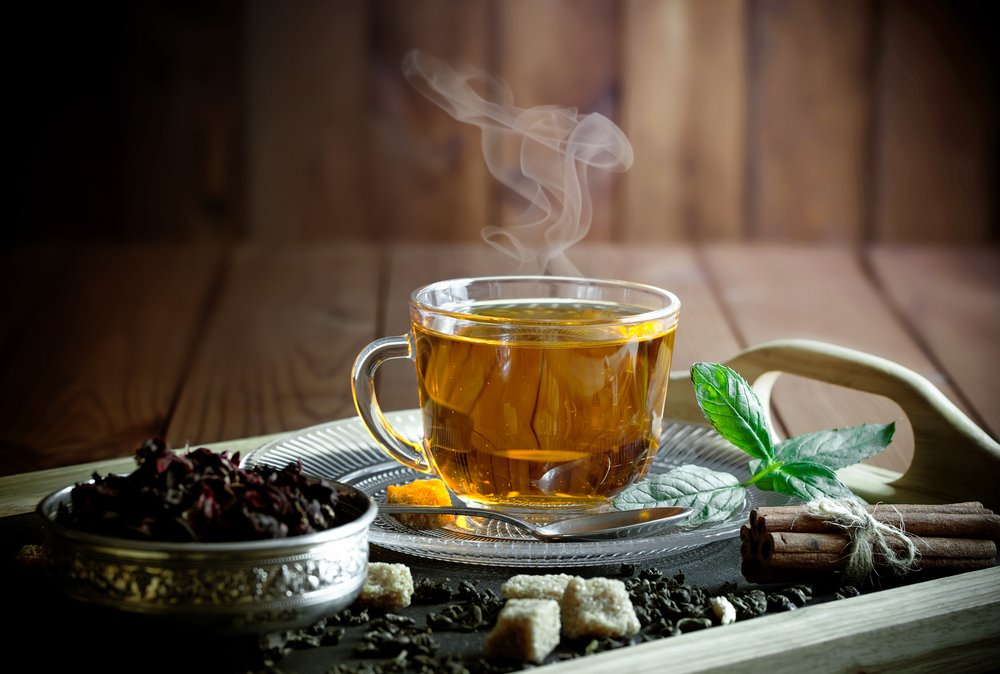Soaring demand for food and beverage fortified with health and wellness benefits in the face of the Covid-19 pandemic could throw up a new opportunity for the Indian tea industry if the packeteers, planters and the government get their act together, industry captains said.
Organic tea, freed of chemicals and blended with tulsi, ginger turmeric or enriched with vitamins, could be a big draw as consumers look to boost immunity.
“We find there is a tailwind in tea consumption,” Azam Monem, director of McLeod Russel, India’s largest bulk tea producer, said as he explained the general trend over the last three months while speaking at a webinar organised by the Indian Chamber of Commerce.
India produces around 1,400 million kg tea and consumes around 1,150 million kg. Production in the beginning of the season has been down because of the lockdown which has given a much needed price push upwards.
“We need to tell consumers, especially the younger generation, that tea is a ‘good for you’ product. Some of the blends (tulsi, lemon, honey, ginger, turmeric) are already in the market, we need to push them more on the shelves,” Ravi Suchanti, executive director at auctioneer J Thomas, pointed out.
Rudra Chatterjee, managing director of Luxmi Tea, and Atul Asthana, MD of Goodricke Group India, harped on producing good quality tea. An estimate suggests only 10 per cent of domestic consumption is sold above Rs 180-200 a kg, considered good tea.
“People are ready to buy good tea and pay the price for it,” Asthana said.
Responding to the first International Tea Day on Monday, as declared by the United Nations, around 300 gardens will offer the finest tea (two leaves and a bud) on a special auction on Monday morning.
Generic campaign
While industry clamoured for a generic campaign to promote tea as a health drink boosting immunity, centrally funded Tea Board of India said it had hardly any money left to take up such an initiative.
Ninety per cent of the Board’s budget goes into subsidies for replantation of bushes and production of orthodox tea. Given the tight monetary condition of the government due to the pandemic, it has decided to clear the backlog first before taking up more requests for replantation subsidy. The board’s deputy chairman Arun Ray said funds can be diverted to promotion and a budget of Rs 15 crore may be possible if there’s cutback on replantation subsidy.
He invited the industry to participate in the promotion of tea not only in India but to neighbouring countries where the import tariff is relatively low such as Thailand and Vietnam.
Ray urged going up the value chain and packet more tea than just selling bulk in sacks. Even though India is the second-largest producer of the leaf, it corners only 1 per cent of the packet tea market.










